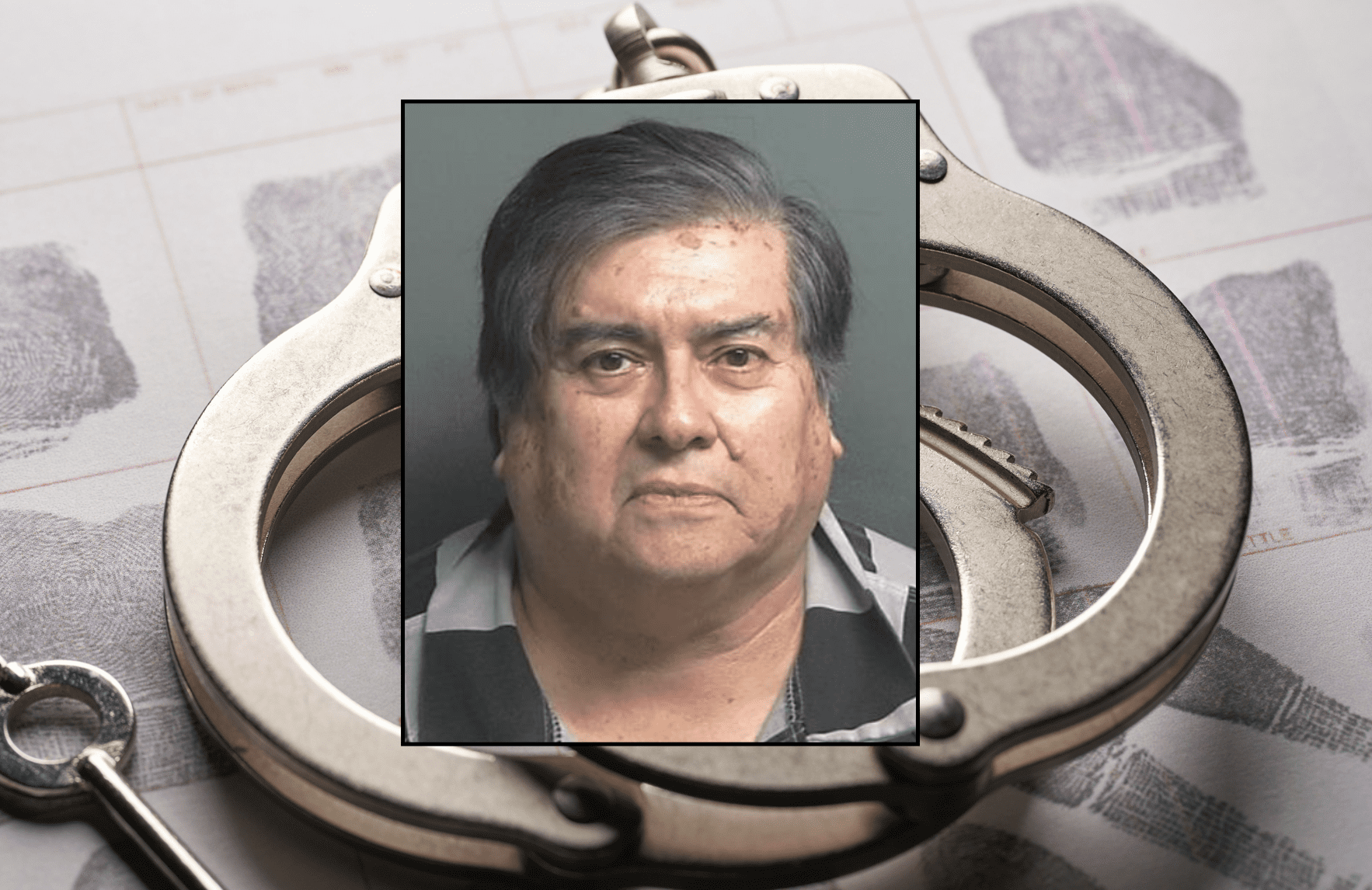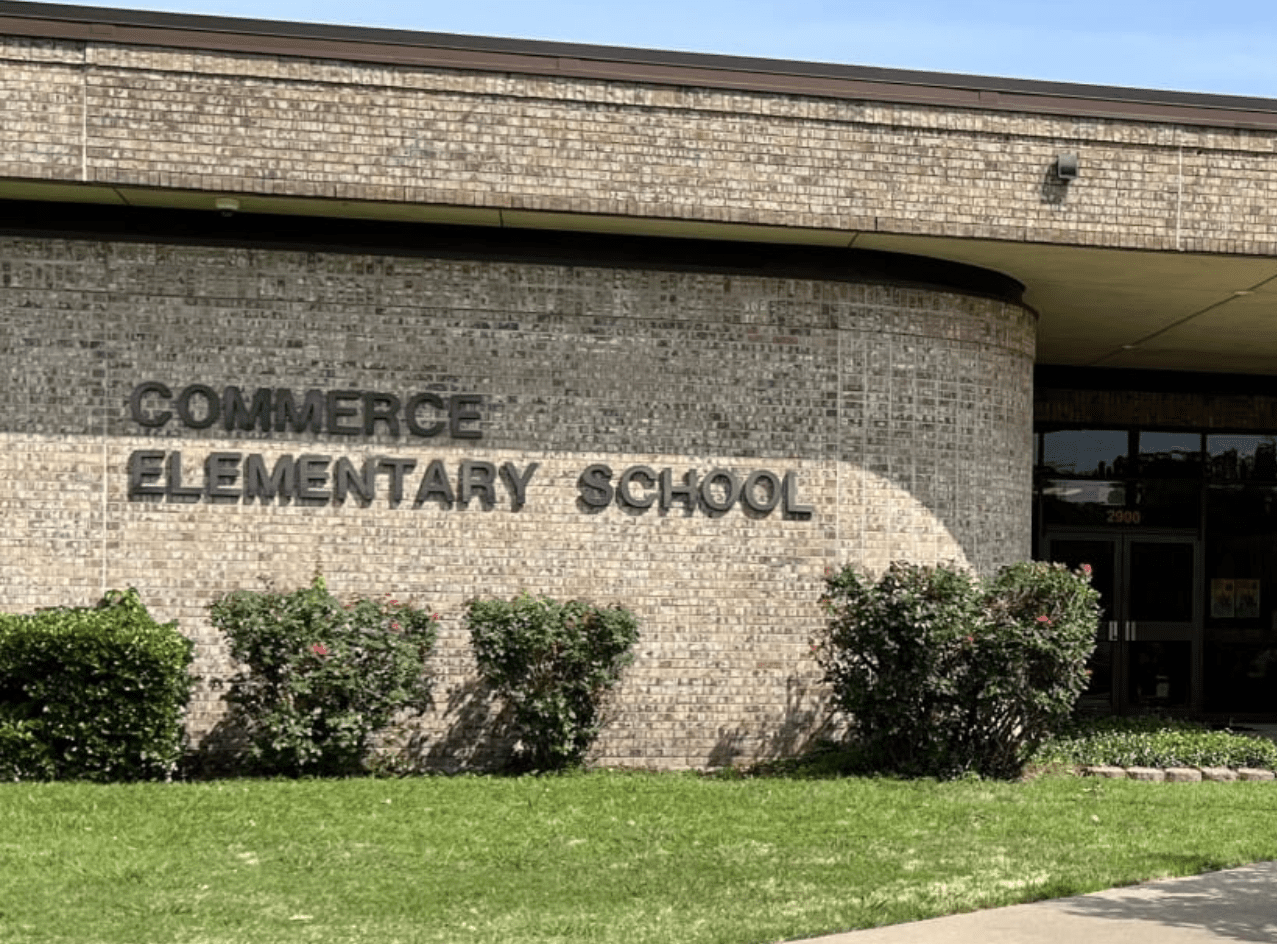Following a vote in the Texas House that would block state funding for expanding K-12 education options for families, a House committee received testimony from more than 200 witnesses on three school choice measures.
The 13-member House Public Education Committee, chaired by State Rep. Brad Buckley (R-Salado), held a public hearing Tuesday, during which members discussed House Bill 619 by Matt Shaheen (R-Plano), House Bill 4340 by James Frank (R-Wichita Falls), and House Bill 4807 by Brian Harrison (R-Midlothian).
The legislation authored by Frank and Harrison would create an education savings account program that participating families could use for approved education expenses, while Shaheen’s bill would create a private school scholarship program funded by insurance premium tax credits.
Frank’s HB 4340 would provide up to 90 percent of the average revenue Texas public schools receive per student, which is around $10,300, according to Frank. The bill’s estimated $502 million price tag for its first year in effect would provide funding for up to 60,000 students, with priority for students from families with limited income.
Students who enroll in the program would receive the full funding amount if they currently attend a public school, while those already attending a private school would receive half of the allotted per student funding.
Jennifer Allmon of the Texas Catholic Conference said the bill would provide an “access lane” to quality education for families, noting that there are around 100,000 open seats in private schools throughout Texas that could be filled with additional funding from the state. She said school choice is “not a zero sum game where private schools win and public schools lose,” arguing that most students would stay in public schools if the bill were to pass.
Allmon acknowledged that private schools cannot meet the needs of every family, but she insisted “we can’t say that no student should have this choice because we cannot provide for every student.”
Ron Matis of Step Up for Students, a state-approved scholarship funding organization in Florida, said that his state’s multiple school choice programs implemented since the 1990s have resulted in “more choice” and “better outcomes” for students, insisting the “sky did not fall” when these programs were introduced. He noted how Florida went from being one of the lowest ranked states in academic performance to being near the top of the list once demographics are taken into account.
“If school choice advocates set out to destroy public schools, they botched it really bad,” he stated.
Michael Olson, the bishop for the Catholic Diocese of Fort Worth, had perhaps the most dynamic exchange with a committee member during the hearing. When State Rep. Gina Hinojosa (D-Austin) suggested that Olson was advocating for taking money from public schools for the benefit of Catholic students, he responded by saying he was “testifying for parents and students.”
“Don’t foist that on me,” he objected.
Olson went on to argue that it’s the responsibility of parents—not the state—to educate their children, but there is nevertheless “a legitimate state interest in the education of children.”
Eddie Lucio Jr. and Larry Taylor, both former state senators, also testified in favor of the bill. Lucio said his “top priority has always been education,” and Taylor said school choice is “not a theory” anymore, as 30 states—including eight of the 10 most rural states—have implemented some type of school choice program.
Hera Varmah, a representative for the American Federation for Children, gave a succinct but impassioned statement. The daughter of immigrants from Liberia and Jamaica, she grew up in crime-ridden Oak Cliff but benefited from being homeschooled. She implored lawmakers to give students an opportunity to succeed.
“Don’t hold them back; give them a chance,” she said.
Last week, the Texas Senate gave approval to State Sen. Brandon Creighton’s (R-Conroe) Senate Bill 8, which would establish an ESA program that provides $8,000 per student to participating families and reimburse “rural” school districts with fewer than 20,000 students $10,000 for each student who withdraws from public school.
Frank filed a bill identical to SB 8 (House Bill 5261), but it has not yet been scheduled for a hearing.





